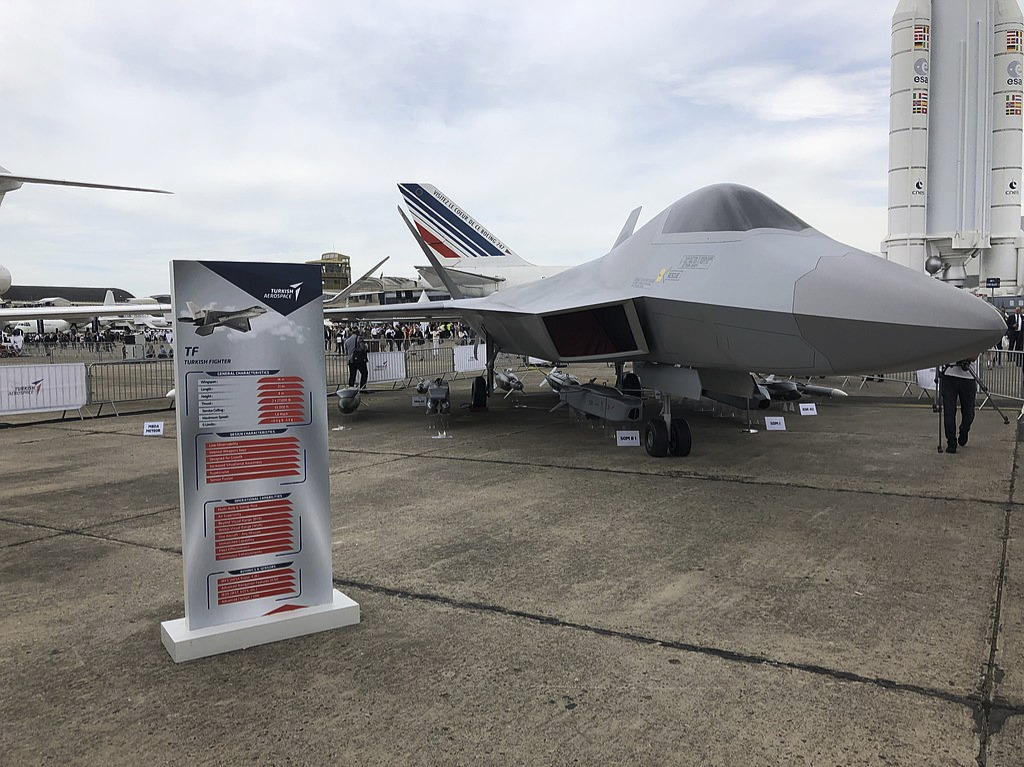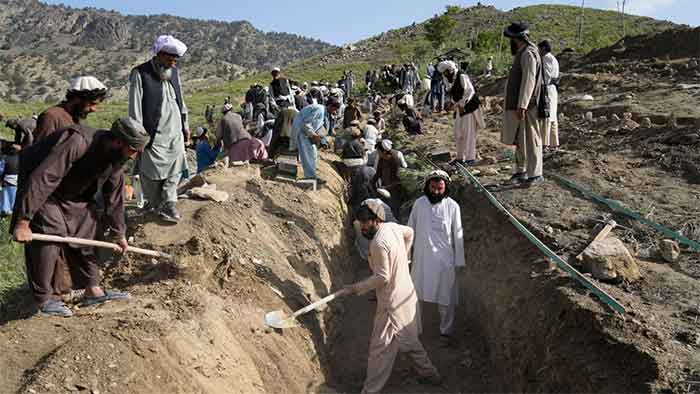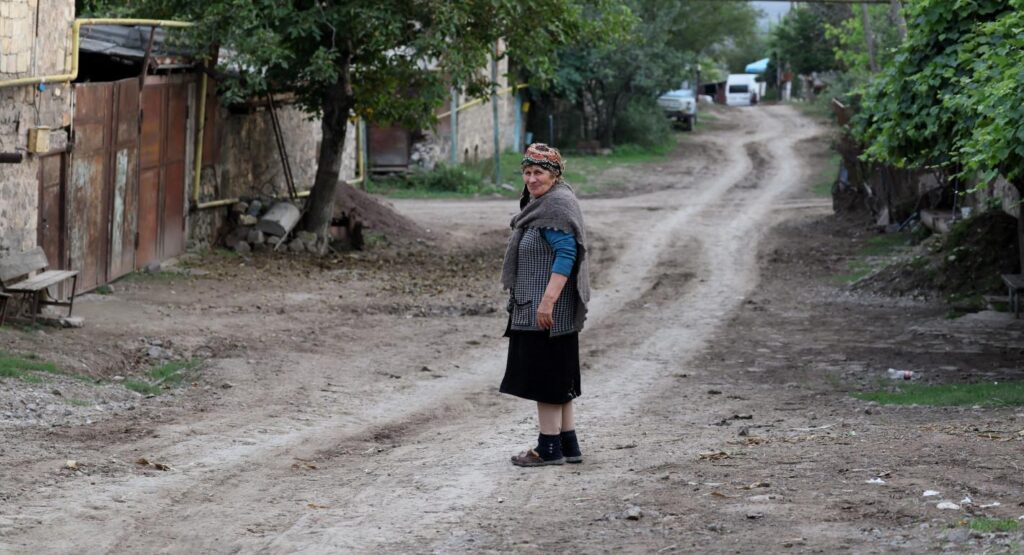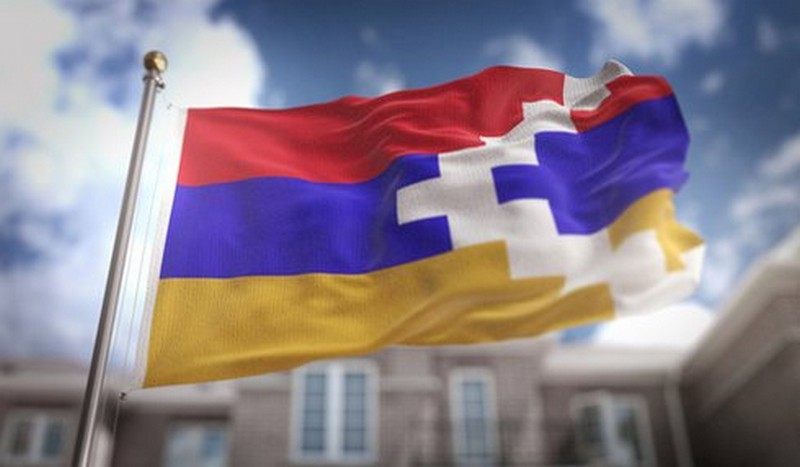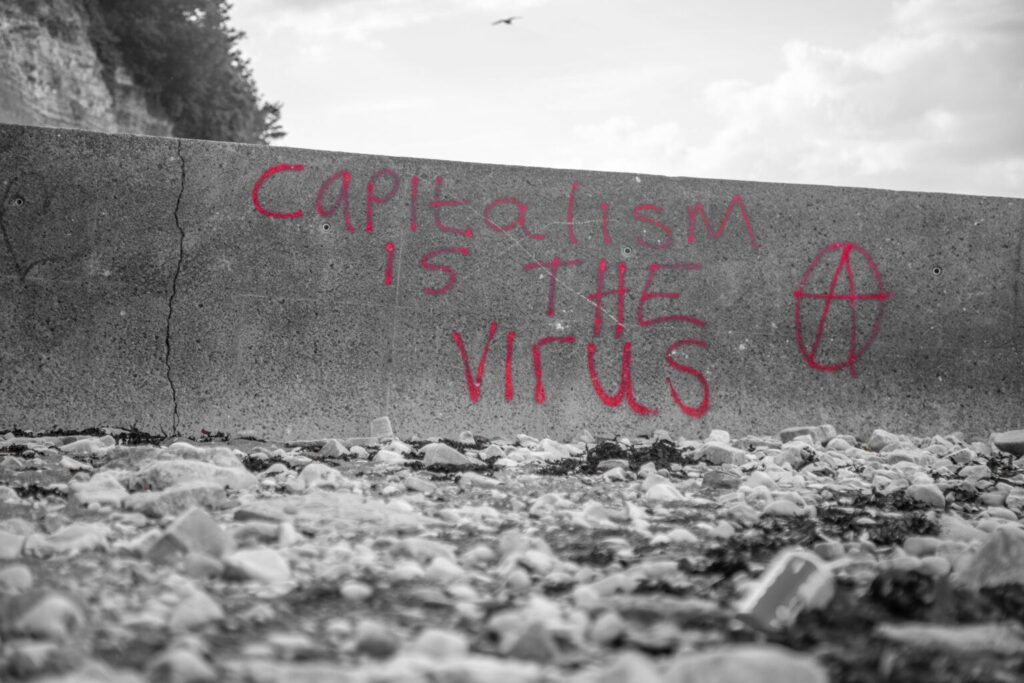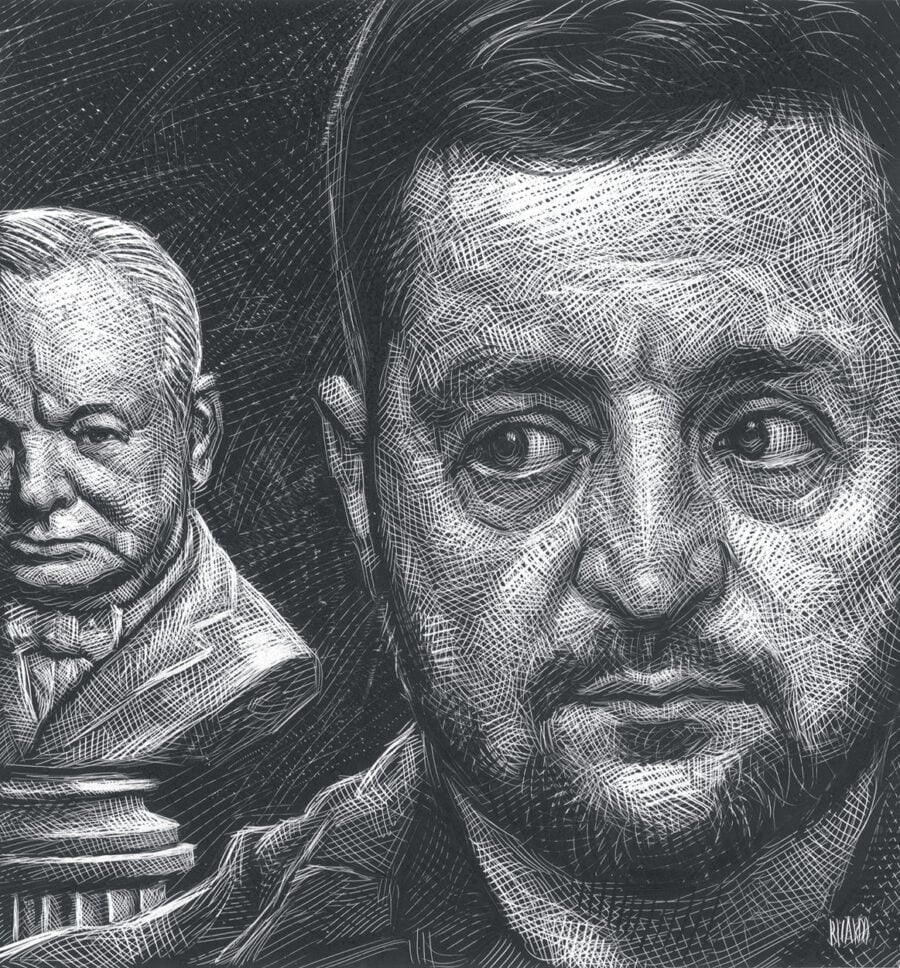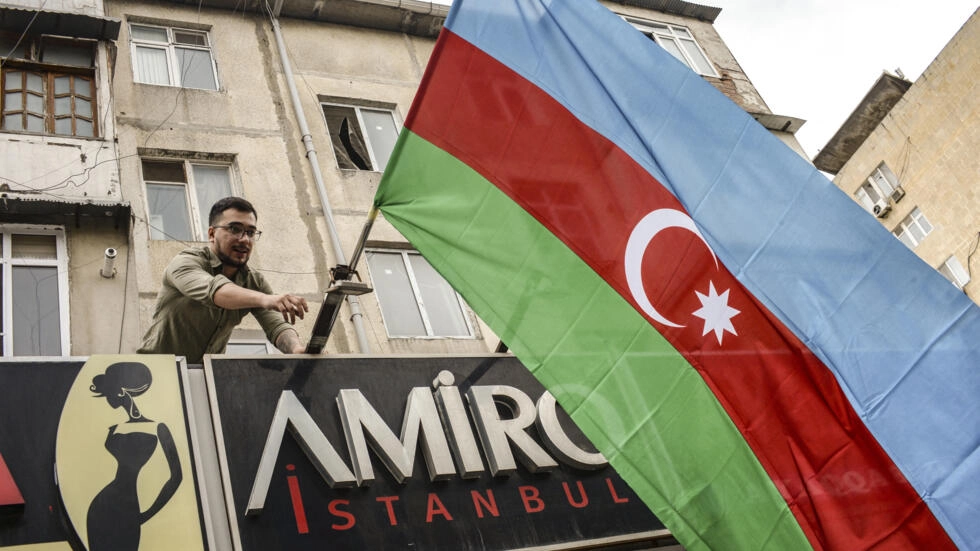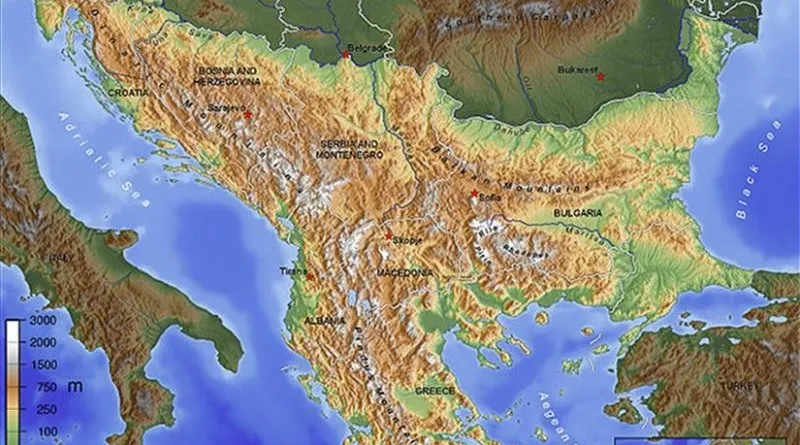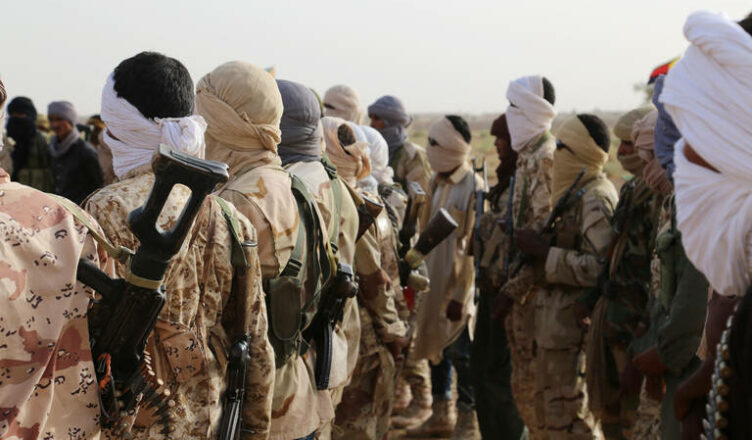Abstract: Since the emergence of the global jihad movement, global jihadis have expressed their enmity to “Zionists”—jihadi code for Israel and the Jewish community worldwide—through ideological declarations and operations on the ground. Examining the correlation between global jihadi rhetoric and operational activities against Israel and the Jewish community, the present study explores the degree to which the “Zionist cause” is important for global jihadis. In the process, it contributes to understanding why, how, and when extremist language is translated into violence.The study finds that the Palestinian issue and specific “trigger events” related to the Arab-Israeli conflict tend to generate favorable declarations on the part of both al-Qa`ida and the Islamic State, but that jihadi rhetoric is rarely translated into violent attacks against Israeli and Jewish targets. Of the two main jihadi organizations, the Islamic State has the better track recordof striking Jewish and Israeli targets, although the Islamic State’s “anti-Zionist” campaign can hardly be deemed a success. The relative dearth of successful operations, however, has not deterred global jihadi organizations from regularly leveraging the Palestinian issue for political gain, and in order to reinforce their stature as powerful actors in the Middle Eastern and global arenas. Despite jihadi lip service to the Palestinian cause, support for global jihad among Arab Israelis and Palestinians has remained relatively low. Physical and ideological barriers erected by Israel and the Jewish community have so far limited the capacity of global jihadi actors to operate against Israel and the Jewish community.
